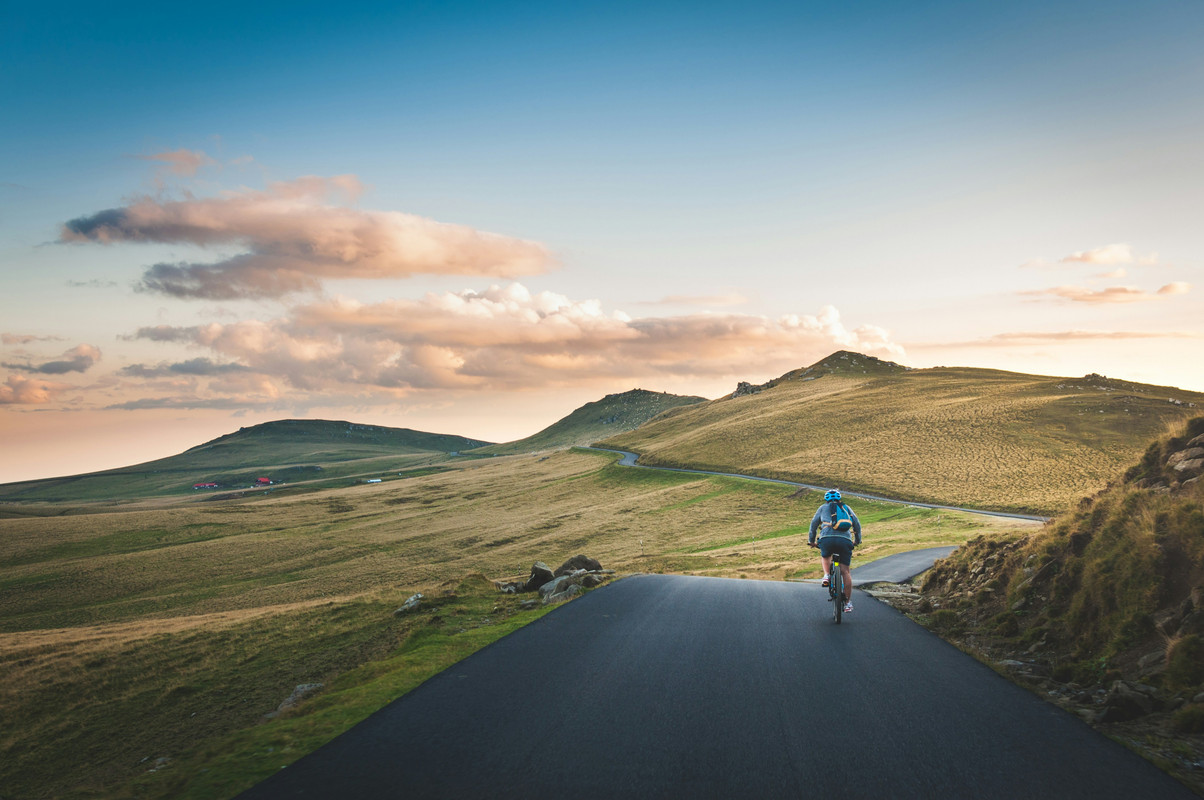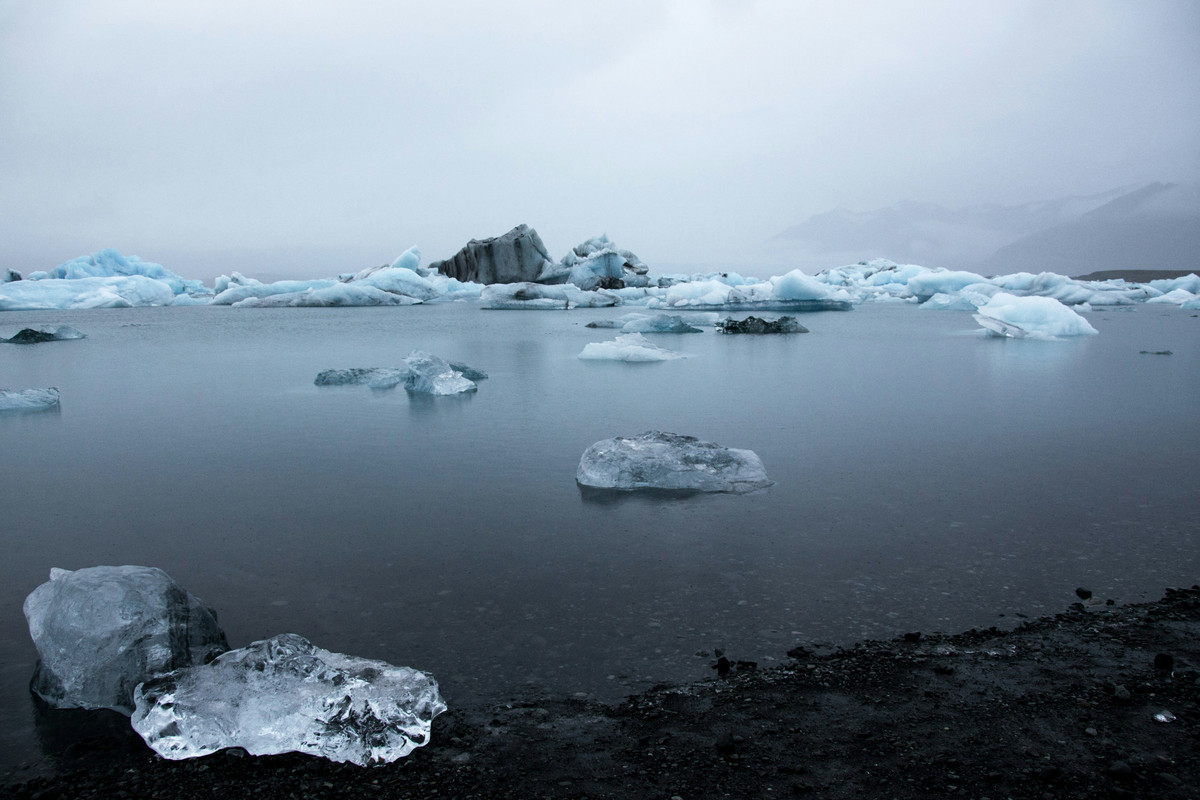Traveling solo can be one of the most liberating and enriching experiences of your life. However, it comes with its own set of challenges, particularly when it comes to safety. Whether you are an experienced traveler or a first-timer, ensuring your safety should always be a top priority. This guide will provide you with the top 10 safety tips for solo travelers to help you stay safe while exploring the world.
1. Plan and Research Ahead
Before you embark on your solo adventure, thorough planning and research are essential. Start by gathering information about your destination. Learn about the local customs, culture, and any potential safety concerns. It’s important to know which areas to avoid and which are safe for travelers. Make a list of important contacts, such as the local embassy, police stations, and hospitals. Additionally, having a well-thought-out emergency plan can be a lifesaver in unforeseen situations.
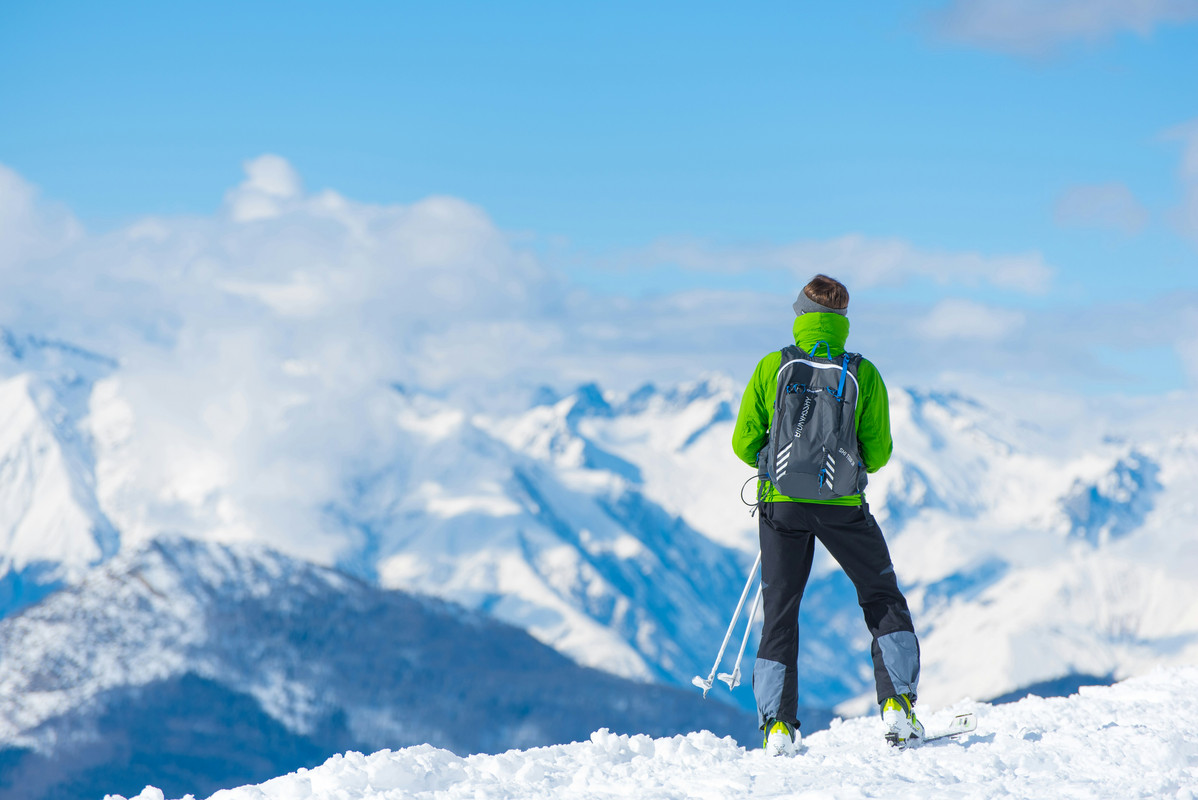
2. Choose Safe Accommodation
Your choice of accommodation plays a crucial role in ensuring your safety. Look for hotels, hostels, or guesthouses that have good safety ratings and reviews. Websites like TripAdvisor and Booking.com can provide insights from other travelers. When booking, consider the location of your accommodation. Ideally, it should be in a well-lit and populated area. Confirm your booking in advance and keep all details handy, including contact information and addresses.
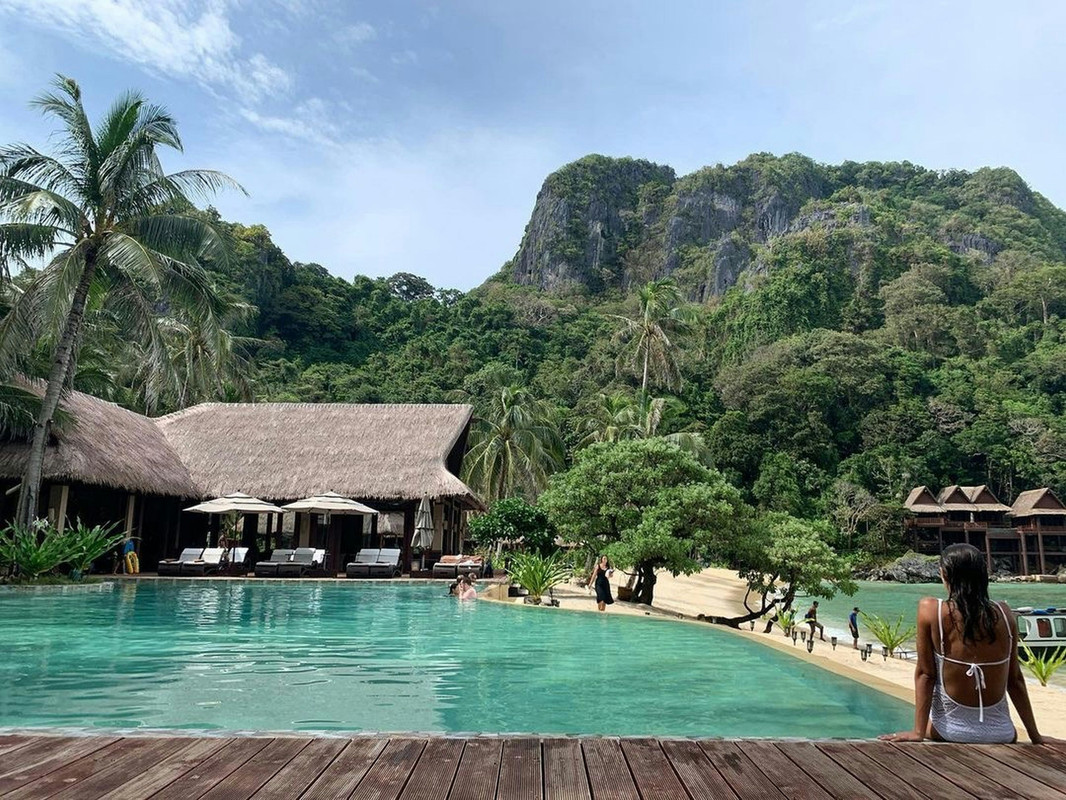
3. Stay Connected
Maintaining communication with family and friends back home is vital when traveling solo. Ensure you have a reliable mobile phone with international roaming or a local SIM card. Apps like WhatsApp, Skype, and FaceTime can help you stay in touch. It’s also wise to share your itinerary with someone you trust and keep them updated on your whereabouts regularly. Utilize emergency contact features on your phone for quick access if needed.
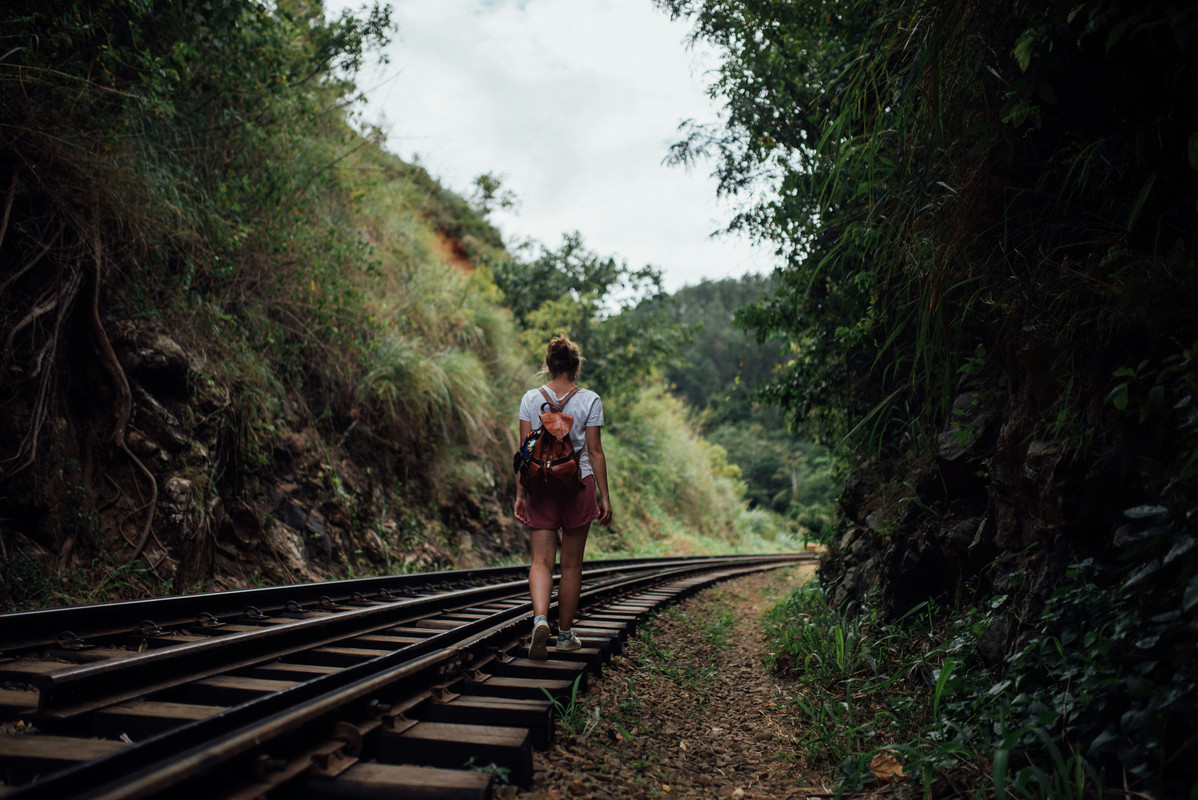
4. Be Cautious with Your Itinerary Sharing
While it’s important to let someone know your travel plans, be cautious about sharing too much information with strangers. Avoid posting real-time updates and locations on social media. This can make you an easy target for those with ill intentions. Instead, opt for sharing updates after you have left a particular location. Keeping some details private can significantly enhance your safety.
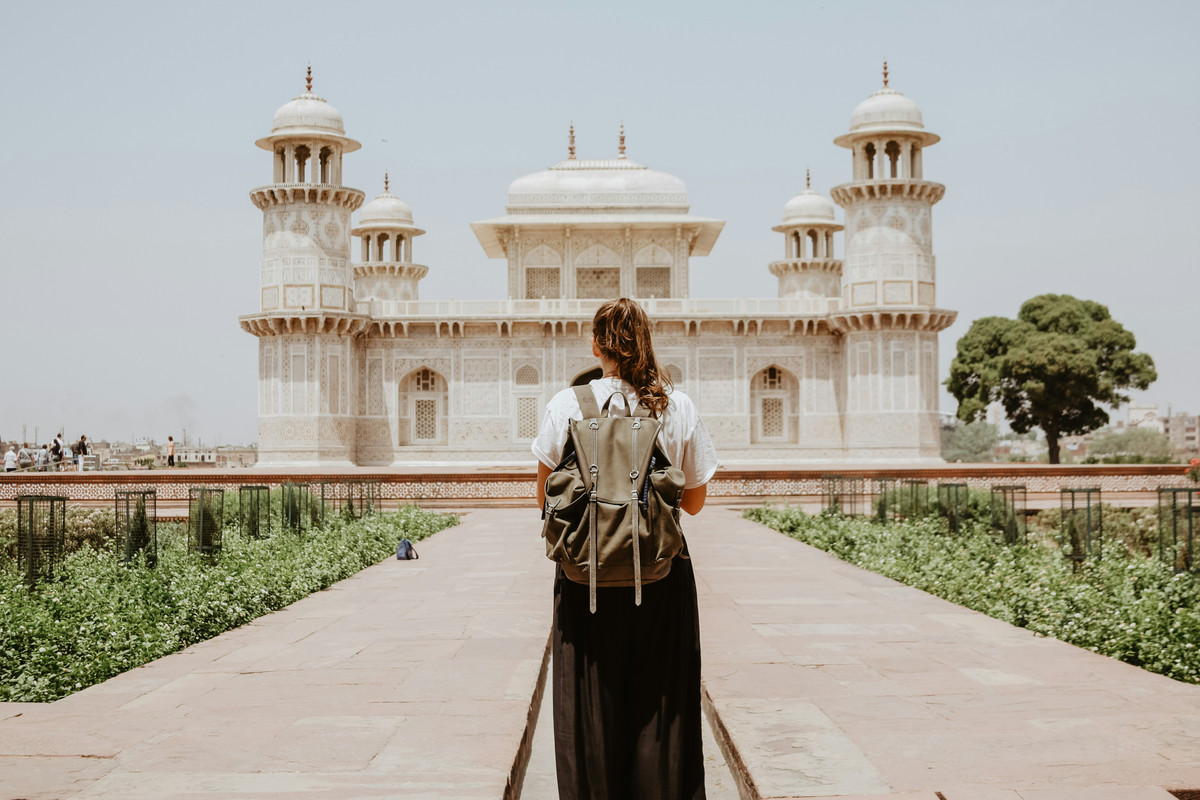
5. Learn Self-Defense and Stay Aware
Learning basic self-defense techniques can provide an extra layer of protection. Consider taking a self-defense class before your trip. Additionally, staying aware of your surroundings is crucial. Trust your instincts; if something feels off, remove yourself from the situation. Always have a mental map of where you are and how to get back to your accommodation.
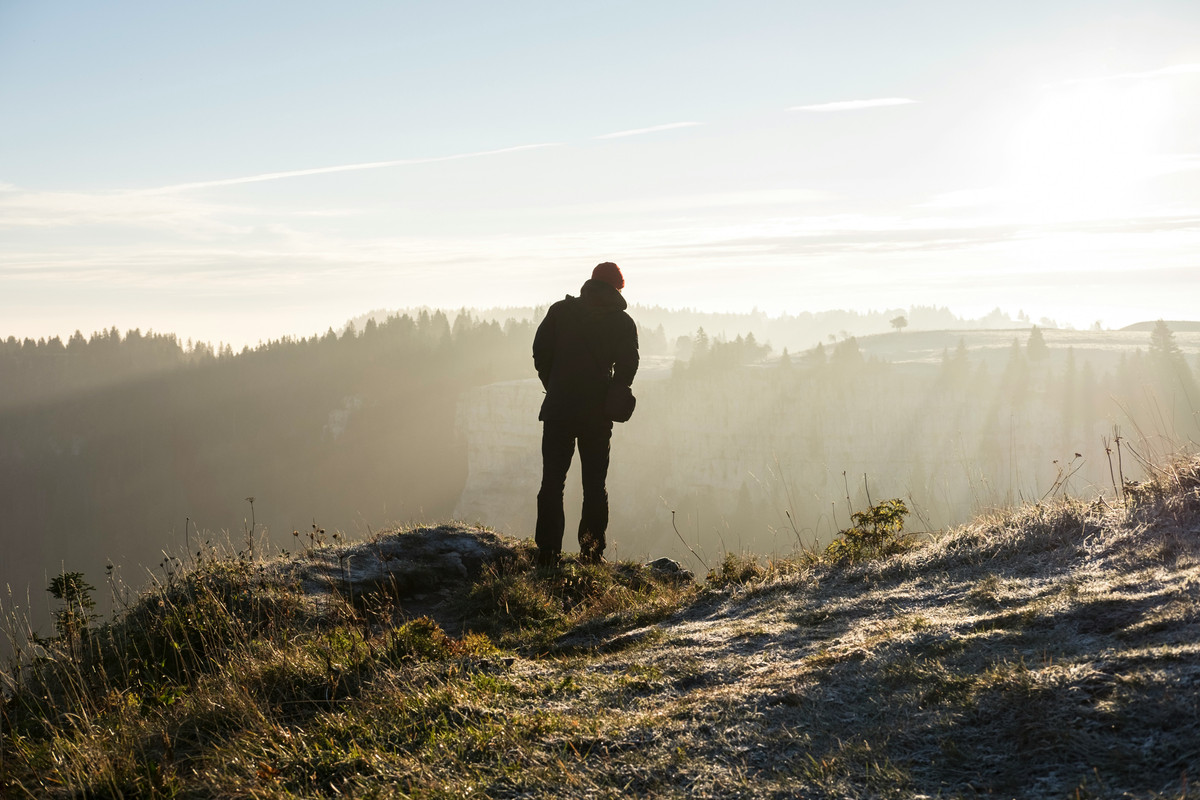
6. Carry Essential Items
Traveling solo means you need to be prepared for various scenarios. Carry essential items like a first-aid kit, emergency medicines, and a whistle. Having copies of important documents, such as your passport and identification, can be a lifesaver if the originals are lost or stolen. Keep these copies in a separate location from the originals. Consider carrying a small, discreet weapon like pepper spray for added safety.
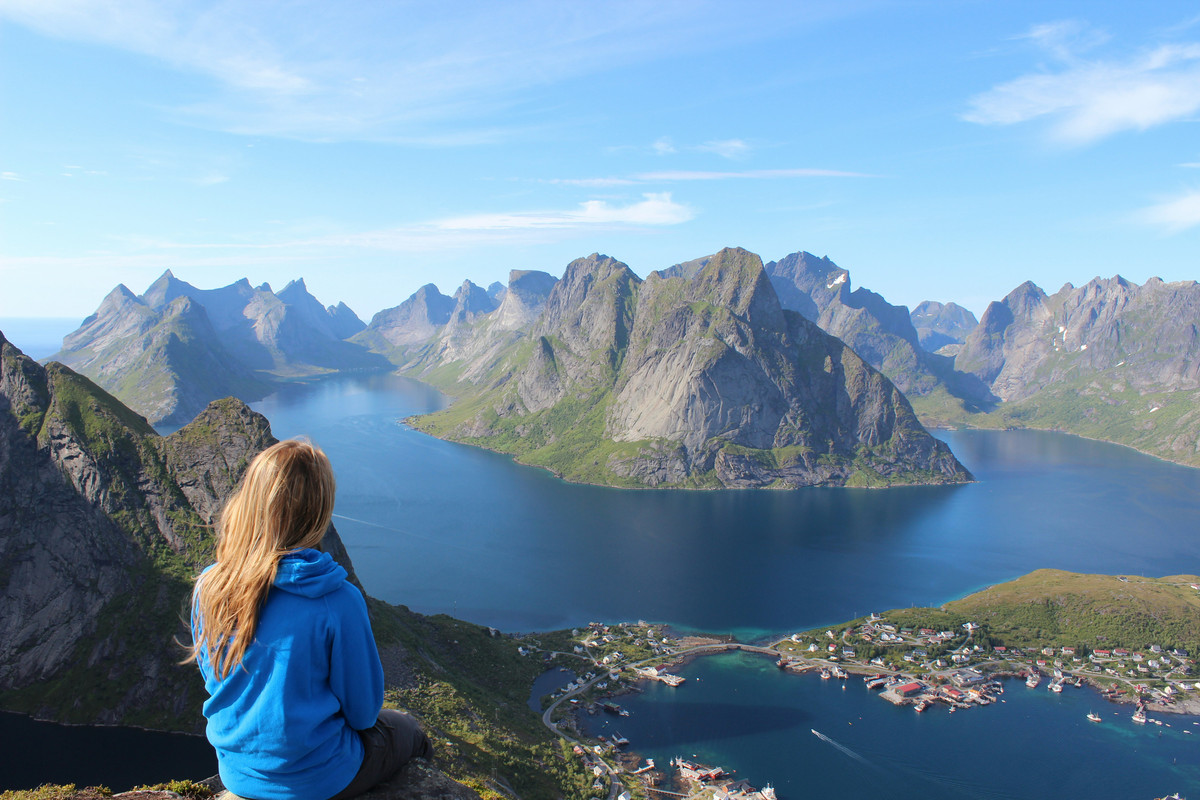
7. Avoid Walking Alone at Night
Nighttime can be particularly risky for solo travelers. Whenever possible, avoid walking alone after dark. If you must go out at night, stick to well-lit, populated areas. Avoid taking shortcuts through alleys or secluded streets. Opt for reliable transportation options like official taxis or rideshares to get back to your accommodation safely.
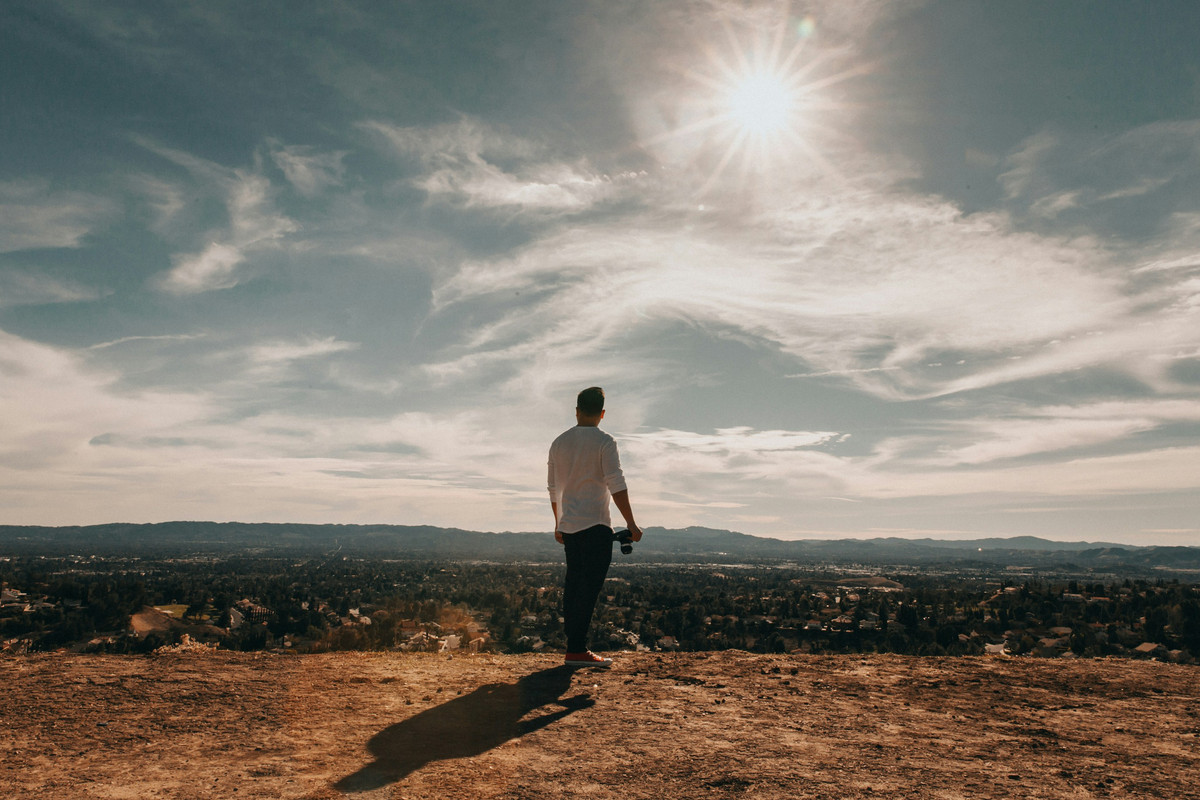
8. Make Trustworthy Friends
One of the joys of solo travel is meeting new people. However, it’s important to be discerning about who you trust. Make connections with fellow travelers and locals, but always stay cautious. Joining group tours or activities can be a safe way to socialize. Remember, it’s better to err on the side of caution than to put yourself at risk.
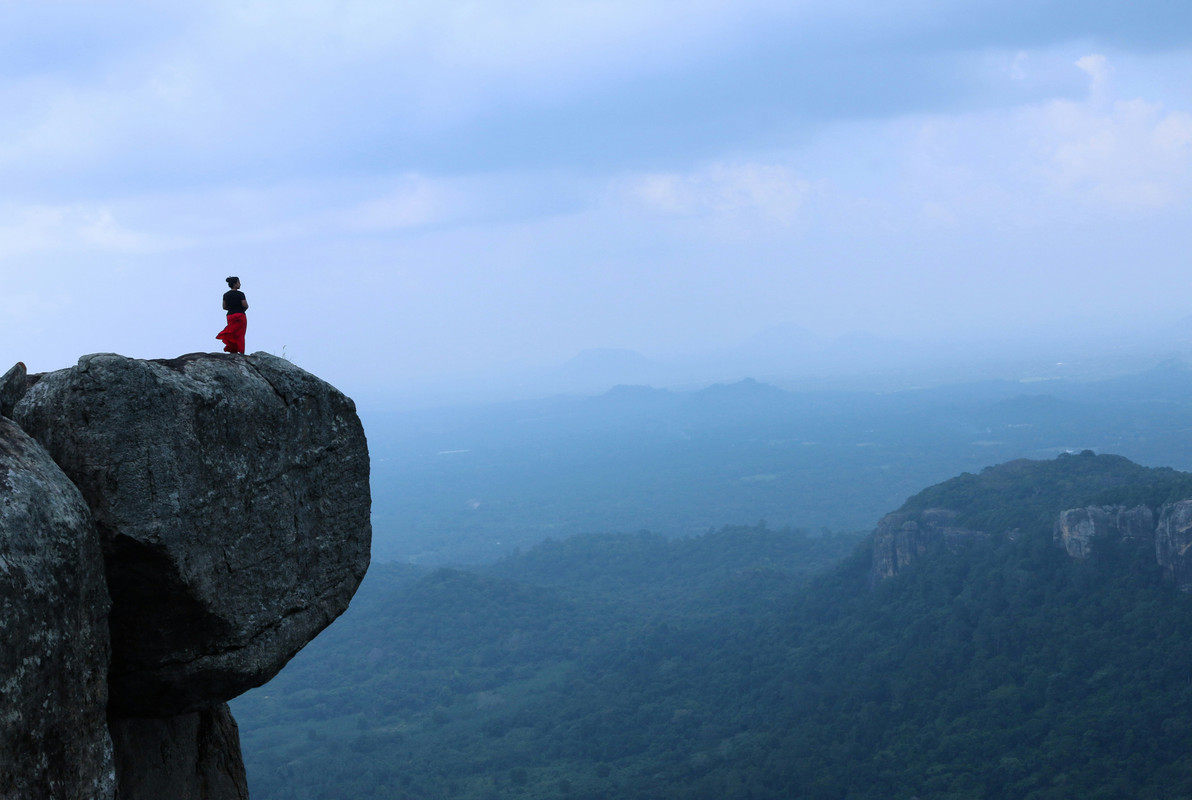
9. Maintain Health and Hygiene
Staying healthy while traveling is crucial. Drink bottled or purified water and be mindful of food safety. Avoid eating from street vendors if you are unsure of the food’s quality. Wash your hands frequently and use hand sanitizer when necessary. Carry necessary health documents, such as vaccination records, especially if you are traveling to regions with specific health risks.
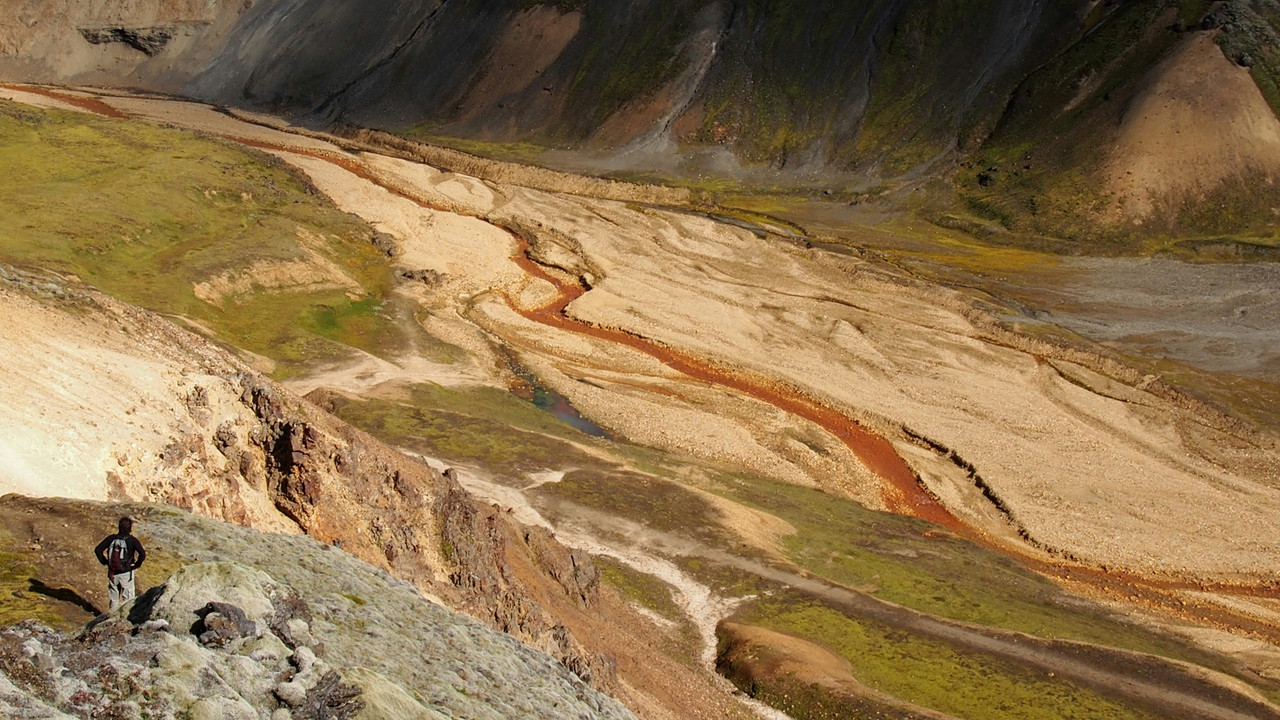
10. Conclusion
Solo travel can be an incredibly rewarding experience, offering opportunities for self-discovery and personal growth. By following these safety tips, you can minimize risks and focus on enjoying your journey. Remember, your safety is paramount, so always be vigilant and trust your instincts. Happy travels!
